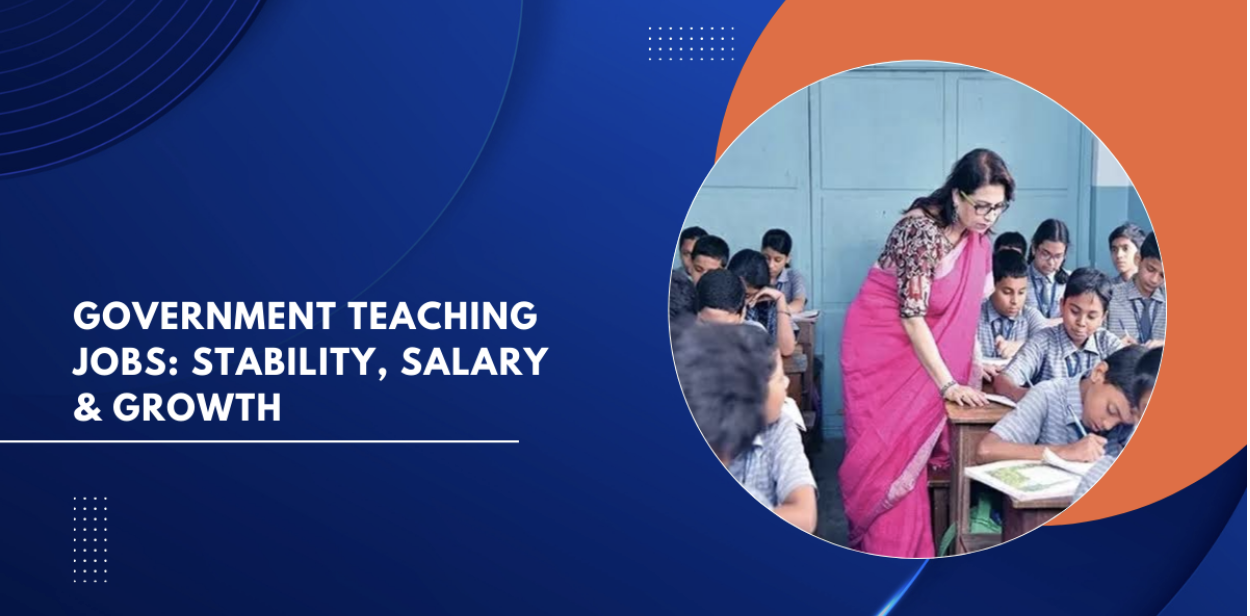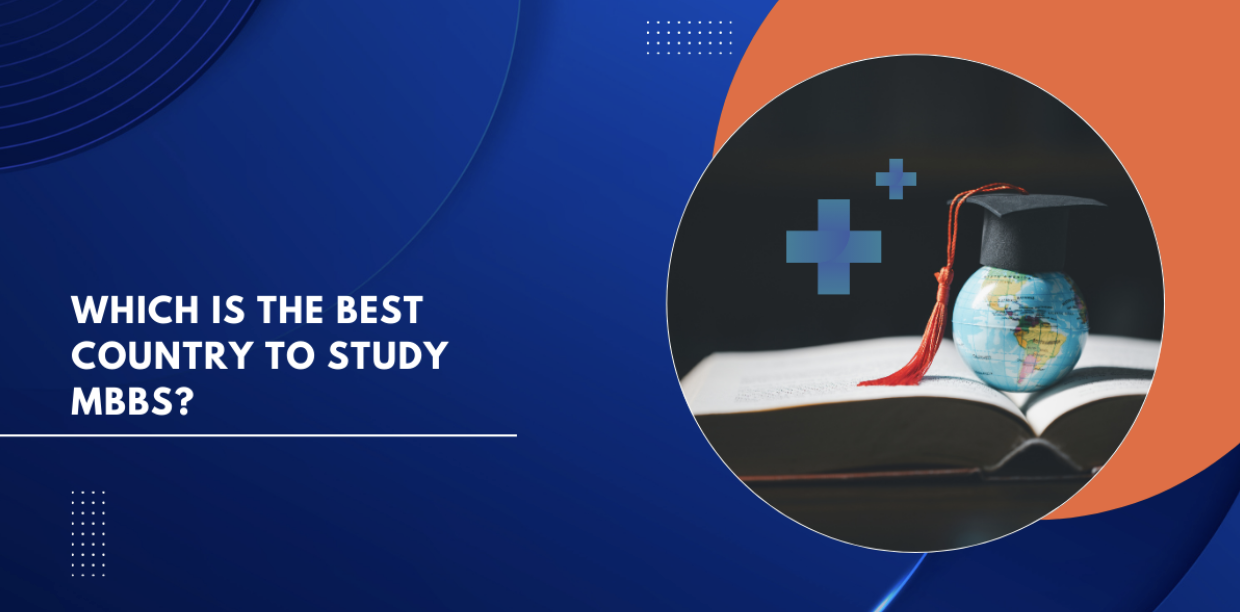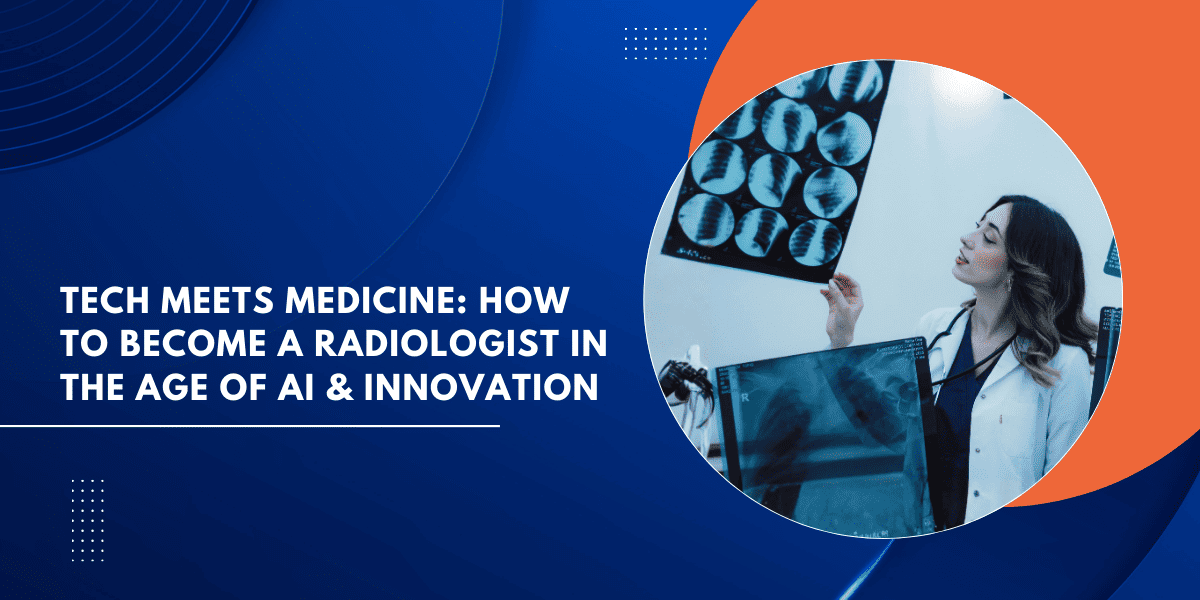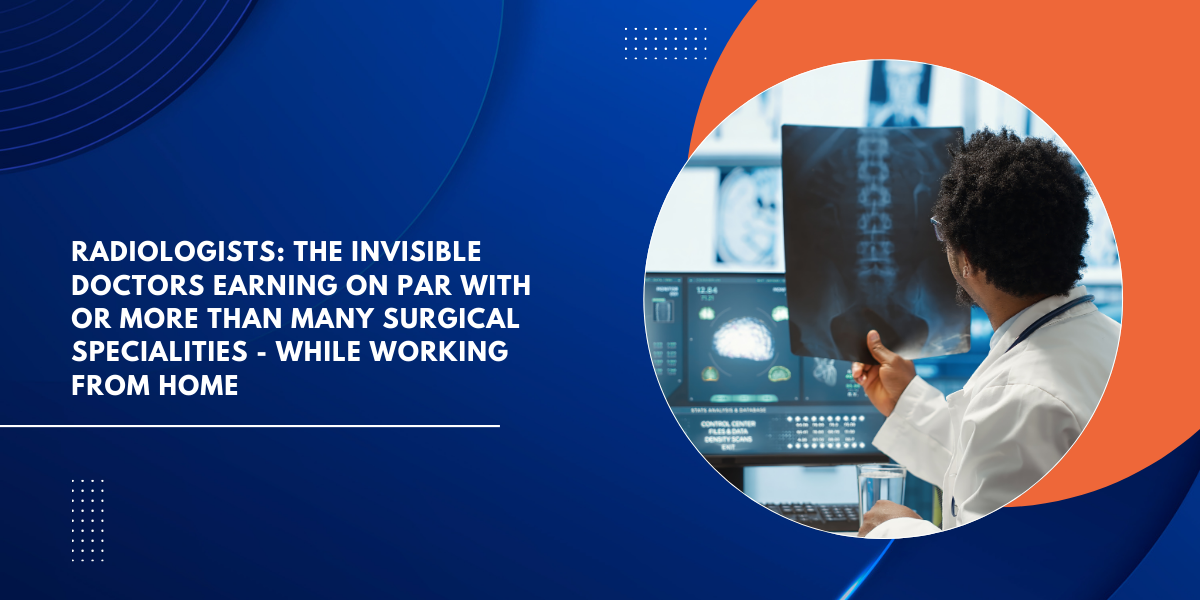Blog written by Indu, a career strategist and education innovator.
Introduction to the Career
Ever wondered how technology and humanities can go hand in hand? That’s exactly what Digital Humanities (DH) is all about! This exciting and evolving field merges history, literature, linguistics, and cultural studies with modern technology to analyze and present information in creative ways.
Digital Humanities (DH) is a field that’s constantly evolving, blending traditional humanities with cutting-edge digital technologies. This fusion has opened up new ways of conducting research and teaching, making the humanities more interactive and data-driven.
One of the most exciting things about DH is how it thrives on collaboration. It brings together experts from computer science, library science, cultural studies, and more to develop innovative research methods. This cross-disciplinary approach not only enhances humanities research but also pushes the boundaries of traditional academic structures, making scholarship more interconnected.
In recent years, DH has also made its way into information schools (iSchools) and library science programs. These institutions recognize its value in bridging the gap between technology and humanities research. The fact that more universities are incorporating DH into their curricula signals its growing importance in academia.
Simply put, DH is reshaping the way we approach humanities, making it more digital, collaborative, and future-focused! Whether you’re passionate about storytelling, data, or preserving cultural heritage, a career in DH lets you work in universities, libraries, museums, publishing, and even tech companies! So, if you love both tech and humanities, this could be your perfect career path.
Key Responsibilities and Work Environment
So, what does a Digital Humanities professional actually do? Here are some cool things you might find yourself working on:
- Using digital tools to analyze historical texts or large data sets
- Creating interactive digital exhibits or archives
- Applying Geographic Information Systems (GIS) to study historical events
- Making historical and literary resources more accessible through digitization
- Teaching or training others on digital research techniques
You could be working in academia, cultural institutions, museums, libraries, or even for tech companies helping them analyze and present humanities data. The best part? Every project is different, so there’s always something new to learn!
Career Progression and Growth Opportunities
The Digital Humanities (DH) sector is experiencing significant growth, leading to a diverse range of job opportunities that blend humanities scholarship with digital technologies. While specific empirical data on job trends is limited, the interdisciplinary nature of DH has given rise to various positions across academia, cultural institutions, and research organizations. According to the asis&t, there were 933 job postings in Digital Humanities from 2012 to 2019, highlighting prevalent roles and educational qualifications required in the field.
- Digital Curator – Oversee and manage digital archives, museum collections, and historical records, ensuring accessibility and preservation.
- Cultural Designer – Create interactive digital exhibits, virtual museums, and storytelling projects that bring cultural narratives to life.
- Information Architect – Organize and structure digital content to enhance user experience, making historical and cultural data more accessible.
- Data Analyst – Analyze large datasets in literature, history, and linguistics to uncover patterns, trends, and insights in digital scholarship.
- Academic Researcher – Contribute to the evolving field of Digital Humanities by exploring new methodologies, publishing studies, and teaching.
- AI & Digital Humanities Specialist – Work with artificial intelligence and machine learning to enhance research in media, publishing, and heritage conservation.
- Content & Digital Strategy Expert – Develop and manage digital content for organizations, cultural institutions, and tech-driven research initiatives.
With the growing integration of technology in the humanities, professionals with expertise in both domains are in high demand across academia, media, publishing, museums, and research institutions.
Educational Pathways & Required Qualifications
If you’re thinking, “How do I get into this field?”—don’t worry! There’s no single path, but here’s a roadmap to get started. Let’s explore some of the undergraduate, interdisciplinary courses, and diploma programs.
Undergraduate Courses
Undergraduate Degree | Universities/Institutions Offering Respective Degree |
Bachelor of Arts (BA) in English Literature with Digital Humanities Focus |
|
Bachelor of Arts (BA) in History with a focus on Digital History |
|
Bachelor of Arts (BA) in Sociology or Anthropology with a focus on Digital Media |
|
Bachelor of Arts (BA) in Media Studies/Journalism with Digital Focus |
|
Bachelor of Computer Applications (BCA) with a focus on Humanities and Social Sciences |
|
Bachelor of Design (B.Des) in Digital Media or Interactive Design |
|
Bachelor of Arts (BA) in Linguistics with Digital Focus |
|
Bachelor of Science (B.Sc.) in Computer Science with Digital Media and Humanities Focus |
|
Bachelor of Fine Arts (BFA) with Digital Media Focus |
|
Bachelor of Library Science (B.Lib.Sc) or Information Science |
|
Interdisciplinary Courses
Digital Humanities is a growing field in India, with several institutions offering relevant programs and courses. While not every university has a dedicated “Digital Humanities” program, many provide interdisciplinary courses in areas such as Data Science, Computational Linguistics, Cultural Studies, and Library Science, which can serve as a strong foundation for a career in DH. Here are some notable institutions to explore:
Course/ Degree | Universities/Institutions |
M.A. in Comparative Literature and Culture | Jawaharlal Nehru University (JNU), New Delhi |
Interdisciplinary courses offered by Department of English | University of Delhi (DU), New Delhi |
M.A. in Digital Media | Tata Institute of Social Sciences (TISS), Mumbai |
M.A. in English (with a focus on Digital Textual Studies) | Banaras Hindu University (BHU), Varanasi |
DH Courses offered by Department of Linguistics and Computer Science | Aligarh Muslim University (AMU), Aligarh |
M.A. in Digital Humanities (Interdisciplinary Program) | University of Hyderabad (UoH), Hyderabad |
Master’s in Digital Library and Information Sciences | Shreemati Nathibai Damodar Thackersey (SNDT) Women’s University, Mumbai |
M.A. in English Literature and Digital Humanities | University of Kerala, Thiruvananthapuram |
Diploma Courses
India offers diploma programs that provide a strong foundation in Digital Humanities (DH) and related fields. These programs deliver concise, specialized training in areas such as digital media, data analysis, digital archives, and computational tools for the humanities. They are a great option for individuals looking to develop expertise in DH without pursuing a full degree. Here are some available options:
Diploma in Digital Humanities |
|
Diploma in Digital Archives and Digital Preservation |
|
Diploma in Digital Media and Communication |
|
Diploma in Computer Applications with a Focus on Humanities |
|
Entrance Exams
Building a career in Digital Humanities requires a solid background in both humanities and digital technologies. While there are no dedicated entrance exams specifically for Digital Humanities at the undergraduate level in India, students can enroll in relevant programs through standardized tests. One of the key exams is the Common University Entrance Test (CUET), which serves as the primary admission gateway for humanities-related undergraduate courses in central and state universities.
Exam Name | Conducted By | Key Areas Assessed | Duration | Format | Mode | When Held |
Common University Entrance Test (CUET) | National Testing Agency (NTA) | Language proficiency, History, Sociology, General aptitude | 45 minutes to 1 hour per section | Multiple-choice questions | Online | Annually |
For students interested in integrating design, culture, and technology, following are the options:
Exam Name | Conducted By | Key Areas Assessed | Duration | Format | Mode | When Held | Accepted By |
Undergraduate Common Entrance Exam for Design (UCEED) | IIT Bombay | Visualization, analytical reasoning, design sensitivity | 3 hours | Multiple formats | Online | January (Annually) | Design & Digital Humanities-related programs in India |
Scholastic Assessment Test (SAT) | College Board | Reading, writing, mathematics | 3 hours | Multiple-choice questions | Paper-based | Throughout the year | Universities worldwide for humanities programs |
Key Soft Skills & Technical Expertise
Building a successful career in Digital Humanities requires a mix of analytical, technical, and interpersonal skills. Critical thinking is essential for evaluating historical documents, cultural artifacts, and digital records with precision. Strong communication skills—both written and verbal—enable professionals to convey research insights clearly and collaborate effectively with scholars, technologists, and institutions.
On the technical front, proficiency in digital tools such as data visualization software, text analysis platforms, and content management systems is highly valuable. Familiarity with programming languages like Python, R, or SQL can enhance research efficiency, while experience with GIS (Geographic Information Systems) and database management can open additional career opportunities.
Since digital tools and methodologies are constantly evolving, adaptability is crucial. Professionals in this field should be open to learning emerging technologies and integrating them into their work. Additionally, strong project management skills help in organizing research projects, streamlining workflows, and ensuring effective collaboration in interdisciplinary team.
Career Opportunities with ROI and ROT
A big question: “Will this career pay off?” The good news is that in India, careers in Digital Humanities (DH) are gaining traction, offering promising growth and financial rewards. Here’s an overview of potential salary expectations at various career stages:
Education Costs
- In India, a B.A. or B.Sc. in Digital Humanities or related fields costs approximately ₹1.5 – ₹5 lakh over three years.
- International programs, especially in the U.S., Canada, and Europe, can cost anywhere between ₹15 – ₹50 lakh, including tuition and living expenses.
Salary Expectations & Earnings
- Entry-Level Roles (0-3 years): The positions at entry-level roles offer salaries ranging between ₹4 – ₹7 LPA in India. Such positions are:
- Digital Archivist
- Research Assistant
- Digital Content Strategist
- Mid-Career Roles (5-10 years): Professionals in these roles earn between ₹10 – ₹18 LPA. These include:
- Data Analyst
- Digital Humanities Consultant
- UX Researcher
- International Salaries: Entry-level positions in Digital Humanities abroad can range from $50,000 – $80,000 per year, depending on expertise and location.
Career Growth & Earning Potential
- Upskilling in technical areas (Python, R, AI in Humanities, Digital Archiving) can lead to higher-paying, data-driven roles in media, EdTech, research, and AI-driven content creation.
- Academic & Research Careers may require a Master’s (M.A./M.Sc.) or Ph.D., which increases earning potential but also adds educational costs.
ROI Verdict
- High ROI when combined with skills in data science, digital curation, or AI applications in humanities.
- Moderate ROI if limited to traditional academic/research roles without additional technical expertise.
Return on Time (ROT) Analysis for Digital Humanities
Time Investment in Education
- Undergraduate Degree (B.A./B.Sc.): 3-4 years
- Master’s Degree (M.A./M.Sc.): 1-2 years (optional but enhances career prospects)
- Short-Term Certifications (AI, Digital Archiving, UX, or Data Science): 3-6 months
Career Entry Timeline
- Quick Employment: Bachelor’s graduates can find entry-level roles immediately after graduation such as
- digital archivists
- content strategists
- data visualization specialists
- Advanced Roles & Research: A Master’s degree is beneficial for those pursuing academic, research, or high-level consulting positions, slightly delaying ROI but improving long-term career flexibility.
Industry Demand & Growth Potential
- Rising demand in following fields is expanding opportunities:
- AI-assisted research
- computational linguistics
- cultural data science
- Interdisciplinary professionals with technical skills can transition into diverse fields, including:
- Media
- Heritage preservation education
- AI-driven content creation.
ROT Verdict
- High ROT for those who integrate digital and technical skills, allowing career flexibility and better salary growth across multiple industries.
- Moderate ROT for those focused on traditional academia and research, as these paths often require additional years before reaching peak earning potential.
Final Takeaway: Is a Career in Digital Humanities Worth It?
- High Value with Tech Integration: Combining Digital Humanities with data science, AI, or UX design significantly enhances career prospects, leading to strong ROI and ROT.
- Slower Returns in Traditional Academia: Pursuing Digital Humanities purely in an academic or research context without technical expertise may result in a longer path to financial stability.
- Interdisciplinary Flexibility is Key: The best approach is to remain adaptable—leveraging both humanities and digital skills to unlock diverse opportunities in tech-driven research, media, cultural preservation, and beyond.
If you’re good at blending technology with humanities, the return on investment (ROI) and return on time (ROT) are promising. With digital skills, you can step into well-paying roles in academia, research, museums, or even tech firms.
Future Prospects – 20 to 30 Years
The field of Digital Humanities (DH) is rapidly evolving, driven by emerging technologies and innovative methodologies that are transforming research, cultural preservation, and digital storytelling. Over the next few decades, DH will play a crucial role in reshaping how we interact with history, literature, and cultural artifacts.
1. Artificial Intelligence (AI) in Digital Humanities
AI is revolutionizing Digital Humanities, enabling deeper analysis and automation in various domains:
- Digital Restoration – AI-powered tools can restore faded manuscripts, ancient paintings, and damaged artifacts, reconstructing missing details with precision.
- Automated Information Extraction – Machine learning algorithms are increasingly used to analyze large historical datasets, extract key themes, and generate summaries from centuries-old texts.
- Geo-Localization & Spatial Humanities – AI and GIS (Geographic Information Systems) help map historical events, reconstruct ancient cities, and visualize cultural shifts over time.
2. Advanced Data Analytics & Computational Linguistics
With increasing digital archives, natural language processing (NLP) will be essential for:
- Deciphering historical scripts and multilingual texts with automated translation.
- Sentiment analysis in historical and literary research, revealing societal trends over centuries.
- Pattern recognition in large datasets, helping historians find hidden connections in literature, art, and cultural records.
3. Immersive Technologies – AR, VR & 3D Modeling
Augmented Reality (AR) and Virtual Reality (VR) will enhance DH experiences by:
- Creating virtual museums and interactive historical simulations, allowing users to explore past civilizations in an immersive way.
- Enabling 3D reconstructions of lost heritage sites, like ancient cities or historical monuments.
- Facilitating digital repatriation, where displaced artifacts can be digitally returned to their places of origin.
4. Blockchain & Digital Provenance
Blockchain technology will play a significant role in authenticating digital archives, ensuring the:
- Integrity of historical records through decentralized verification.
- Prevention of document tampering in digital preservation projects.
- Transparent tracking of provenance in cultural artifacts and museum collections.
5. Expanding Career Opportunities & Interdisciplinary Research
- New roles such as AI-driven cultural analysts, digital heritage consultants, and computational historians will emerge.
- Collaboration between tech and humanities experts will increase, leading to more AI-humanities hybrid disciplines.
- Cross-border research collaborations will grow, fueled by easier access to digital archives and AI-driven knowledge discovery.
Want personalized guidance on building a career in Digital Humanities? Connect with NextMovez experts today and take the next step toward your future!
The Future is Digital & Interdisciplinary
Over the next 20-30 years, the fusion of AI, big data, immersive tech, and blockchain will redefine Digital Humanities. Those who embrace technical skills alongside humanities expertise will be at the forefront of this transformation, shaping how we preserve, interpret, and interact with cultural history in a digital-first world.
Actionable Tips: Simple Steps Parents Can Take to Support Their Child’s Career Interests
Parents, wondering how you can help? Here are some simple ways to support a child interested in Digital Humanities:
- Encourage an Interdisciplinary Mindset – Let them explore both humanities and technology.
- Introduce Digital Tools Early – Simple coding, data visualization, and online research can be a great start.
- Promote Reading & Research – Inspire curiosity with history books, literature, and research projects.
- Visit Museums & Archives – Hands-on exposure can spark interest in cultural preservation and research.
- Support Higher Education & Certifications – Guide them toward DH programs, workshops, and relevant courses.
Conclusion: Who Should Consider This Career?
Digital Humanities is more than just a career path—it is a revolution in how we preserve, interpret, and interact with human culture in the digital age. By merging traditional scholarship with cutting-edge technologies, DH professionals are shaping the future of education, research, and storytelling.
This field is bridging the gap between history and technology, making archives more accessible, uncovering lost narratives through AI-driven research, and ensuring that our collective heritage is preserved for future generations. Whether it’s reconstructing ancient civilizations with 3D modeling, using AI to analyze historical texts, or developing immersive museum experiences, the impact of DH is profound and far-reaching.
For those passionate about culture, history, and technology, Digital Humanities offers a dynamic and meaningful career, not just in academia but across media, heritage conservation, AI-driven research, and digital storytelling. The key to success lies in interdisciplinary adaptability, ensuring that DH professionals remain at the forefront of innovation in an ever-evolving digital world.
In the coming decades, as AI, data science, and immersive technologies redefine how we engage with history and culture, Digital Humanities will continue to expand its influence—shaping the way we remember, interpret, and create knowledge for generations to come.
Resources & References Used
- Association for Computers and the Humanities (ACH)
- Digital Humanities Summer Institute (DHSI)
- University program syllabi and research papers on DH
- Interviews with professionals in the field
So, if you’re someone who loves both history and technology, why not explore Digital Humanities? With so many career paths and opportunities, you can truly carve out a unique and exciting future in this ever-evolving field!






















